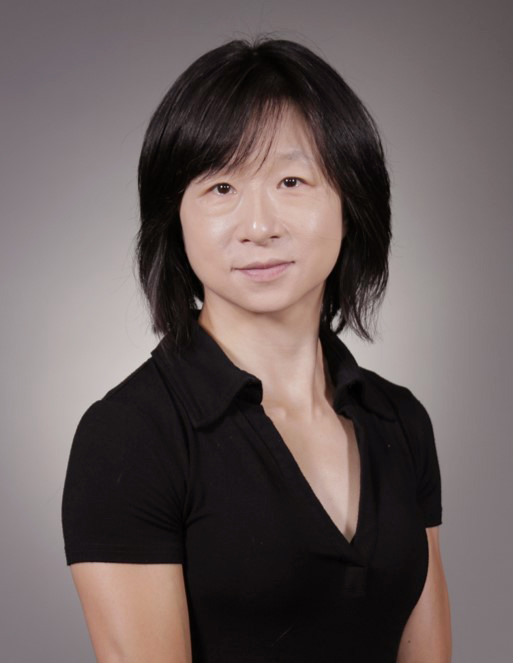Mu Yang is a behavioral neuroscientist and the director of the Mouse NeuroBehavior Core at Columbia University Medical Center. She received training in animal behavior and neuroethology in the lab of the late Robert Blanchard at the University of Hawaii, where she earned her Ph.D. In 2006, she joined the lab of Jacqueline Crawley at the National Institute of Mental Health for postdoctoral training. She spent 2012 to 2016 as an assistant professor in the department of psychiatry and behavioral sciences and a faculty member at the MIND Institute at the University California, Davis. In 2016, she joined Columbia’s Institute for Genomic Medicine to lead the university’s first centralized state-of-the-art mouse behavior phenotyping facility. Since summer 2017, her team has provided testing and data analysis services to over 30 Columbia research groups.

Mu Yang
Director of the Mouse NeuroBehavior Core
Columbia University Medical Center
Explore more from The Transmitter
Frameshift: Raphe Bernier followed his heart out of academia, then made his way back again
After a clinical research career, an interlude at Apple and four months in early retirement, Raphe Bernier found joy in teaching.

Frameshift: Raphe Bernier followed his heart out of academia, then made his way back again
After a clinical research career, an interlude at Apple and four months in early retirement, Raphe Bernier found joy in teaching.
Organoid study reveals shared brain pathways across autism-linked variants
The genetic variants initially affect brain development in unique ways, but over time they converge on common molecular pathways.

Organoid study reveals shared brain pathways across autism-linked variants
The genetic variants initially affect brain development in unique ways, but over time they converge on common molecular pathways.
Single gene sways caregiving circuits, behavior in male mice
Brain levels of the agouti gene determine whether African striped mice are doting fathers—or infanticidal ones.

Single gene sways caregiving circuits, behavior in male mice
Brain levels of the agouti gene determine whether African striped mice are doting fathers—or infanticidal ones.